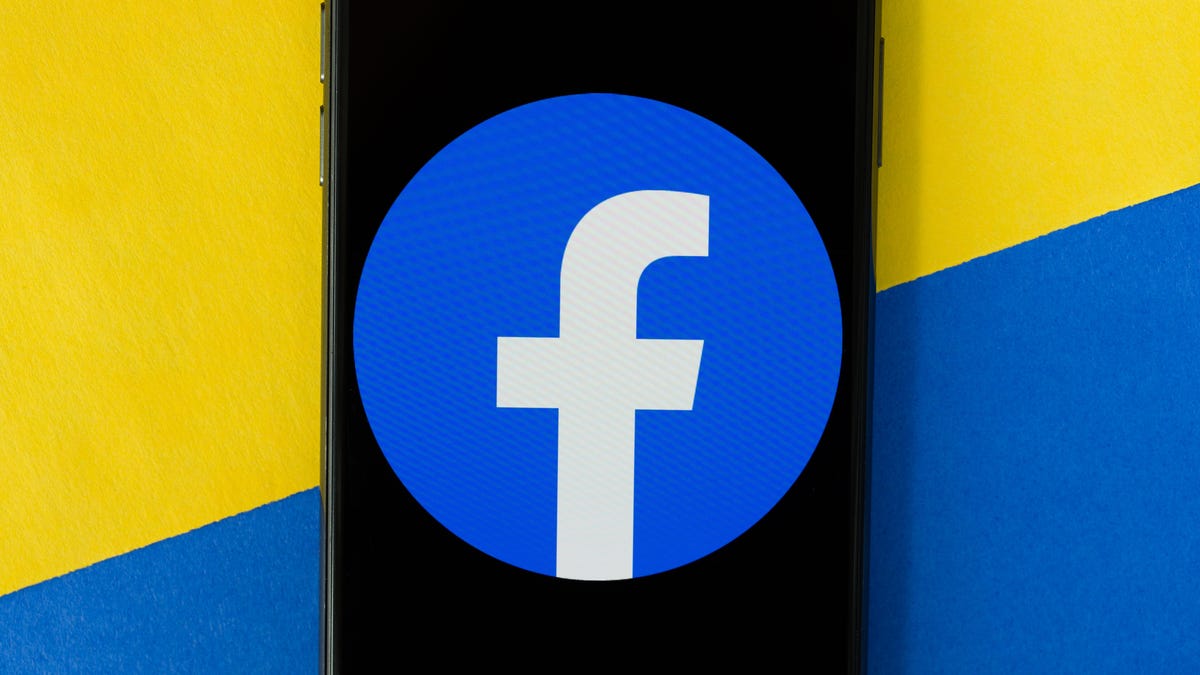Nancy Pelosi: Facebook cares about money, not the truth
The House speaker appears to criticize Facebook's policy on political ads.

Facebook has said it doesn't think decisions about political ads should be made by private companies.
House Speaker Nancy Pelosi criticized Facebook during her weekly press briefing Thursday, saying the world's largest social network is strictly focused on making money.
"They don't care about the impact on children, they don't care about truth, they don't care about where this is all coming from, and they have said, even if they know it's not true, they will print it," said Pelosi, appearing to reference the company's controversial political-ads policy. "I think they have been very abusive of the great opportunity that technology has given them."
Pelosi criticizes Facebook, which has an office in her district: "All they want are their tax cuts and no antitrust action against them and they schmooze this administration in that regard...They intend to be accomplices for misleading the American people" https://t.co/7DMcsOnniz pic.twitter.com/P6dI9a1LEl
— CBS News (@CBSNews) January 16, 2020
Facebook has faced sharp criticism of its political-ad policy. Earlier this month, the company unveiled a handful of updates designed to give people more control over the political ads they see on the social network, but the company stood firm on a policy that lets politicians lie in those messages.
Pelosi said Thursday that Facebook's behavior is "shameful" and that the company has said "very blatantly, very clearly, that they intend to be accomplices for misleading the American people."
Facebook didn't immediately respond to a request for comment.
Pelosi clashed with Facebook last year over a viral video on the site that was doctored to make the House speaker appear to be drunk. In June, Facebook CEO Mark Zuckerberg said the social network could've acted more quickly to flag the video as fake, but he defended the company's decision to leave it up.
Since then Facebook has said it'll prohibit users from posting deepfakes -- a form of video manipulated by artificial intelligence to show people doing or saying something they didn't -- to help stop the spread of misinformation ahead of the 2020 US election. The new policy, however, doesn't appear to ban all edited or manipulated videos, like the one of Pelosi.
Originally published Jan. 16, 10:18 a.m. PT.
Update, 10:52 a.m.: Adds more background.

